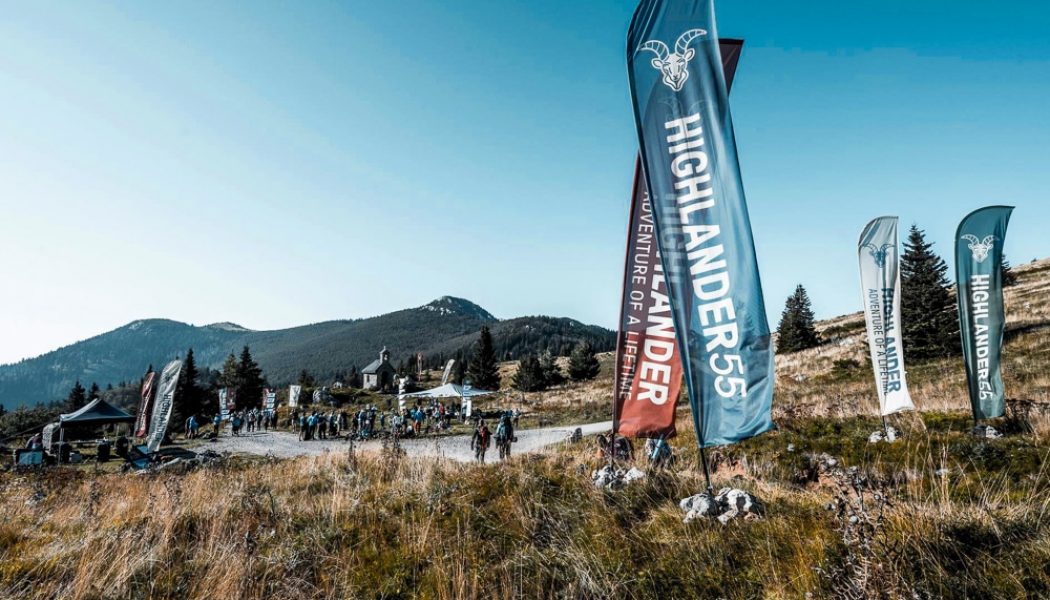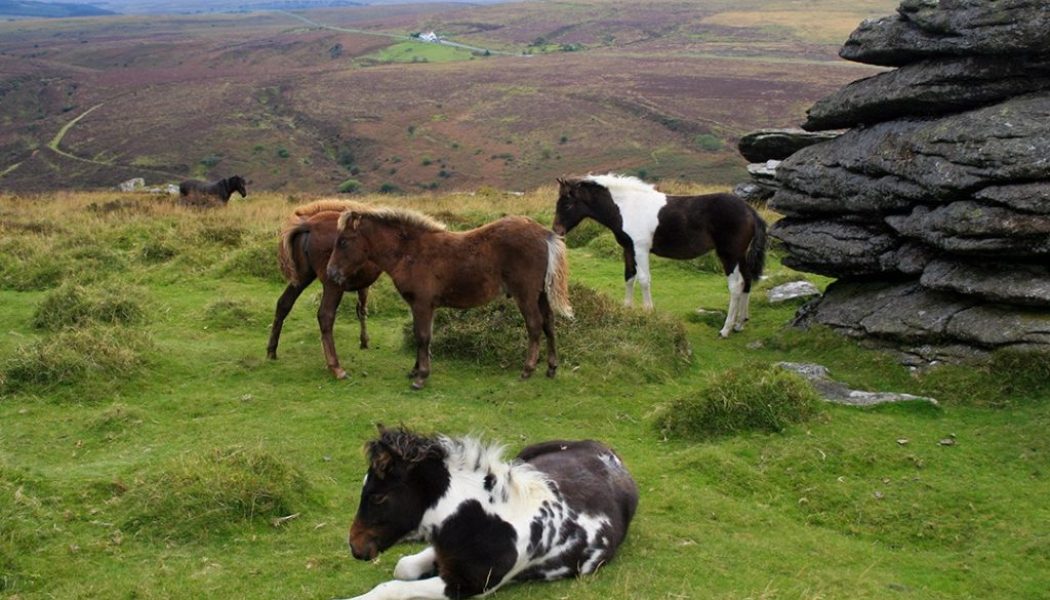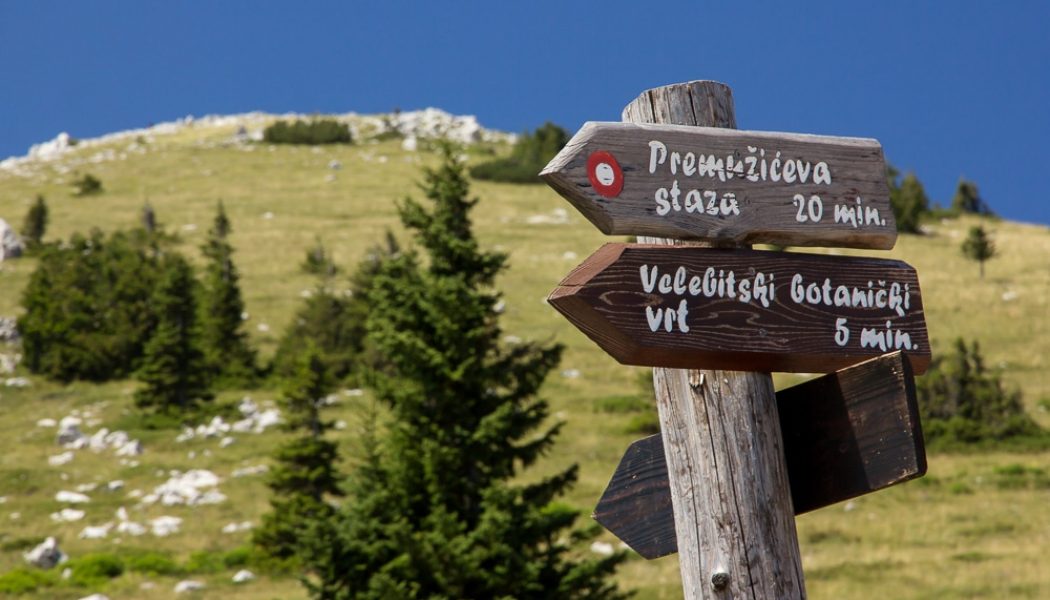Travel
WazupNaija – Naija Entertainment blogs & Forums – Travel
Trekking the Highlander Velebit in Croatia
The Highlander Velebit is an ideal introduction to multi-day trekking and offers a true taste of European wilderness My first post-lockdown trip was to Croatia to take part in a Highlander Adventure, one of a collection of organised treks through some of Europe’s classic hiking regions, all home to magnificent expanses of wilderness. The routes – in Austria, Croatia, Bosnia and Herzegovina, Greece and Serbia – explore some of Europe’s less-visited but no less captivating areas of natural beauty. Next year the franchise is expanding with treks added in a number of destinations including Germany, Portugal and Montenegro. I joined the Highlander Velebit, a 104km 5-day trek across the Northern Velebit and Paklenica national parks. The route journeys southeastwards through the Velebit...
Poles of inaccessibility: the middle of nowhere
The poles of inaccessibility are arguably the true last frontiers for explorers. But where and what are they? I’ve long been fascinated with the most remote places on Earth and the epic journeys of discovery to reach them. I’ve spent countless long mornings lying in bed leafing through giant reference books on the Heroic Age of Antarctic Exploration and even longer afternoons poring over immense maps detailing epic quests across untamed oceans. It was the names of Amundsen, Livingstone and Magellan and their unfathomable tales of distant lands, high seas and adventure that first inspired me to travel. For modern explorers, the poles of inaccessibility represent the outer limits of mankind’s grip on our planet. What are the poles of inaccessibility? Not to be confused with the Nor...
How to escape a wildfire: a hiker’s guide
Our guide on how to escape a wildfire, inspired by Peter’s close call on the Arctic Circle Trail When Peter headed to Greenland last summer to trek the Arctic Circle Trail, I knew he’d be unreachable for 7-10 days. He’s a highly experienced hiker, but there was a tiny part of me that couldn’t help but worry. What if he twisted an ankle or fell into a ravine? What if he was attacked? What if he lost his backpack from a capsized kayak? There were several scenarios that ran through my head – but a wildfire was not one of them. He was heading to the Arctic for goodness sake; to Greenland of which 80% is covered in ice! Fire was a hardly a danger. NASA A satellite image of a wildfire on the Arctic Circle Trail Only, it was. Peter got caught in a wildfire and was evacuated by helicopter. Knowing...
Best hikes in Berchtesgaden National Park, Germany
A selection of the best hikes in Berchtesgaden National Park, from serene day trips to thrilling via ferrata climbs and challenging multi-day tours Berchtesgaden National Park in the heart of the Bavarian Alps accommodates nine lofty mountain ranges as well Germany’s most photogenic body of water, Lake Königssee. Brilliant green meadows, aquamarine lakes, dense dark forests and reams of serrated peaks characterise Germany’s spectacular southern horizon. The UNESCO-designated Berchtesgadener Land biosphere is home to Germany’s finest mountain scenery and the country’s only Alpine national park. The area contains a labyrinth of superb hiking trails: well-maintained, clearly waymarked and supported by the outstanding network of Deutscher Alpenverein (German Alpine Club) huts. It is Germany’s ...
Poet and Podcaster Musa Okwonga, Reclaiming Berlin
This week on The Trip podcast: Writer Musa Okwonga on Berlin’s exquisite and heavy psychogeography Social media, for all its ills, can deliver unexpected gifts. For me, that was when I found writer Musa Okwonga’s self-published excerpt, on Instagram, from his upcoming novella called In The End, It Was All About Love (available for pre-order in November 2020 from Rough Trade Books). I first lived in the former East Germany in the early 90’s, and spent decades since balancing a deep love for the place with my unease as an outsider—especially as a half-Jewish teenager living through the dawn of Germany’s neo-Nazi revival. Musa’s novella, in that way that good writing can do, seemed to speak directly to my experience, even though it was written by someone quite different from me: an Oxfo...
Hanging up my hat: why I’ve chosen to quit horse riding
After years of riding horses, Kia explains why she’s chosen to quit My first impression of horse riding was how bloody slow it all was. When I first started to learn back in 2014, all we did for months was walk and trot. I thought I’d be well on my way to cantering by then. Instead, I was mired in the minutiae of technique. As I became a better rider, however, I realised that it wasn’t minutiae at all but a fundamental part of learning. It’s often said that the best riders look like they’re not doing anything at all and I’ve learnt that this is true. I was being taught a multitude of tiny things slowly and carefully so that one day, I too might call myself a horseman. Atlas & Boots Kia riding in Montenegro, Ecuador and Namibia When I was learning to canter, my instructor as...
Hiking the Watzmann Traverse – a Bavarian classic
Hiking the Watzmann Traverse is a breathtaking scramble across one of Germany’s classic Alpine ridges. Here’s how to complete the Bavarian thriller One of my oldest and best friends lives in the Netherlands and over the last twenty years or so of friendship we have usually managed to meet up fairly regularly, at least once a year either in the UK or the Netherlands. Over the last few years, however, as our schedules became increasingly crowded with work, family and mortgages we’ve struggled to make the time. The post Hiking the Watzmann Traverse – a Bavarian classic appeared first on Atlas & Boots. You Deserve to Make Money Even When you are looking for Dates Online. So we reimagined what a dating should be. It begins with giving you back power. Get to meet Beautiful people, chat...
12 best hikes in the North York Moors National Park
The best hikes in the North York Moors National Park are a wonderful way to explore the region’s rich and vibrant landscapes The North York Moors might be England’s most diverse national park. Home to striking stretches of unspoilt coast and the largest area of heather moorland in England and Wales, the North York Moors is one of the country’s foremost hiking destinations. Designated a national park in 1952 and covering an area of 1,430km2 with over 2,000km of well-maintained footpaths, the North York Moors offers a wide variety of English countryside. The park is home to rare heather moorland, ancient woodland, myriad waterways and 42km of some of the most glorious coastline in England. Here, we share the best hikes in the North York Moors National Park: 12 magnificent ways to explor...
Highlander Adventure: my first post-lockdown trip
As restrictions begin to ease around the world, Peter prepares to head out on his first post-lockdown trip: the Highlander Adventure After 100 days in lockdown, I am itching to return to the trail. As someone who is most content outdoors, I have found the restrictions particularly claustrophobic, despite devising some rather creative ways to pass the time. I haven’t spent 100 days in a single place since 2015 when Kia and I were sequestered for several months in a tiny French village with nothing more than a bakery and a corner shop nearby and no means of transport other than our bicycles. That, however, that was under very different circumstances. We had just returned from a year-long trip around the world and we needed to hunker down and focus on work. Also, we weren’t under lockdown. We...
White privilege in the outdoors: the AT hikers who broke the law
Two thru-hikers lied and broke the law this year to finish the Appalachian Trail. Should we dismiss it as a daring adventure or tackle what lies deeper? The first thing to admit before I begin is that I’m a person who follows the rules. I never cheat at games or quizzes despite being stupidly competitive. I hate being late to meetings or gatherings and I’ve even been known to Google “how late to arrive at a dinner party” because I know it’s impolite to turn up on time (the consensus is 15 minutes). Maybe this compulsion comes from some innate sense of properness but, more likely, it’s a trait inherited from my immigrant parents. They arrived in the UK in the 1960s, a time of heightened racial tension. During my childhood, I came to notice a change in my father whenever he interacted ...
10 hikes through the cleanest air in the world
From Canada’s wild backcountry to the jungles of Brunei, we take a look at some fantastic hikes through the cleanest air in the world The view wasn’t so bad. Sure, it was over the communal bin area but there was a roof so you didn’t really notice it. We had to put up some net curtains because precisely six flats and nine balconies had a direct view into our flat but that was okay – privacy was always hard to come by in London. Even the noise wasn’t really a problem. Being on the road wasn’t always quiet. It was the air. Heavy pollution, barely noticeable before we left London, left my skin shockingly grimey at the end of the day. My every-other-morning run by the River Lea would wind through a host of unnatural smells and the city’s cars were always numerous as ever. Statis...
12 best hikes in the Peak District National Park
The best hikes in the Peak District National Park showcase some of England’s finest and most accessible hillwalking countryside When we made our move to the country, we very nearly ended up in the Peak District. It was a toss-up between there and the Yorkshire Dales, but in the end, the pull of the Dales was just a touch too strong. The Peak District, however, came a very close second. Wedged between the northern cities of Manchester and Sheffield, the Peak District National Park may well be England’s most accessible wilderness. Britain’s first national park is an idyllic landscape with a vast range of natural beauty. The occasionally bleak but eternally beautiful Pennine countryside boasts dramatic waterfalls, deep dales, rocky crags, quaint market towns and cosy villages seemingly untouc...























